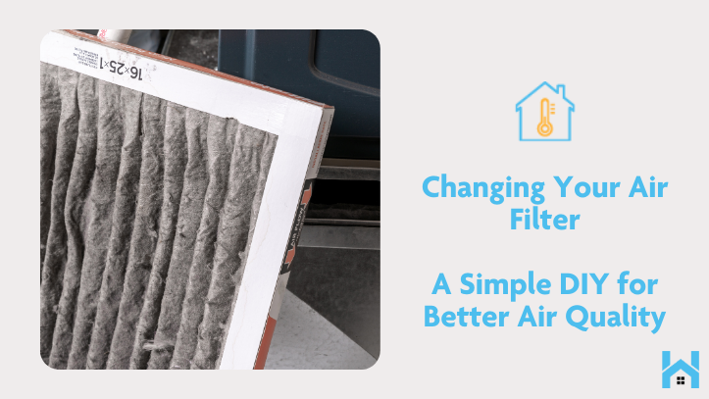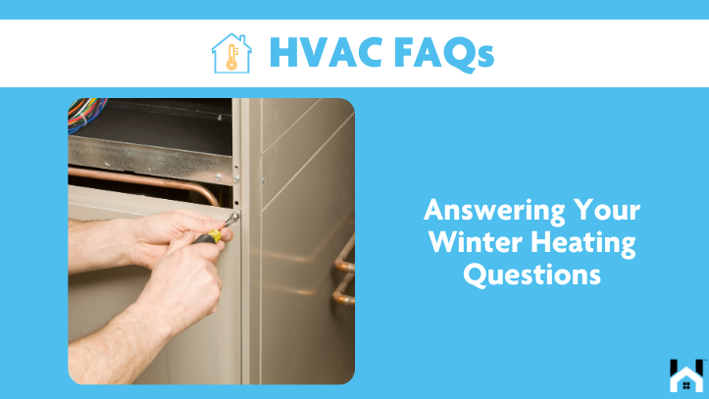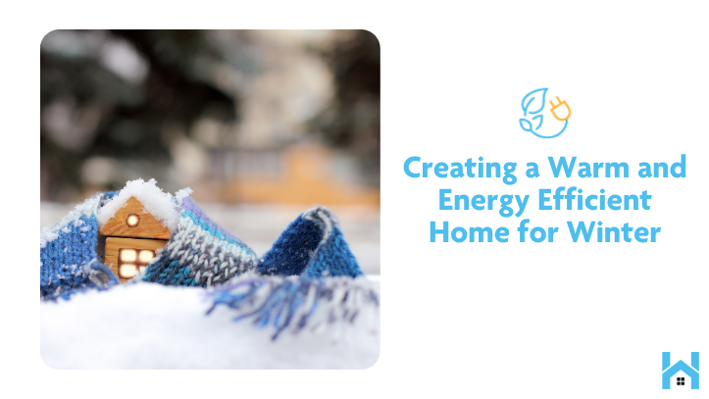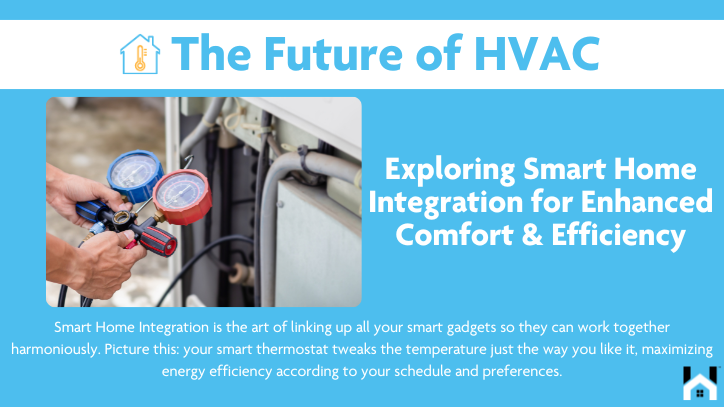
Have you ever pondered on the transformative potential of technology in reshaping the climate control systems within our homes?
The integration of smart home technology into HVAC systems represents the forefront of enhancing home comfort and energy efficiency.
In this exploration, we will delve into the advantages, obstacles, and anticipated progressions associated with incorporating intelligent technology into the realm of heating, ventilation, and air conditioning.
Whether you are a homeowner aspiring to elevate your residential environment or an HVAC specialist in pursuit of inventive resolutions, this guide promises to furnish you with valuable perspectives on the present landscape and the forthcoming prospects of integrating smart home features into HVAC systems.
What is Smart Home Integration?
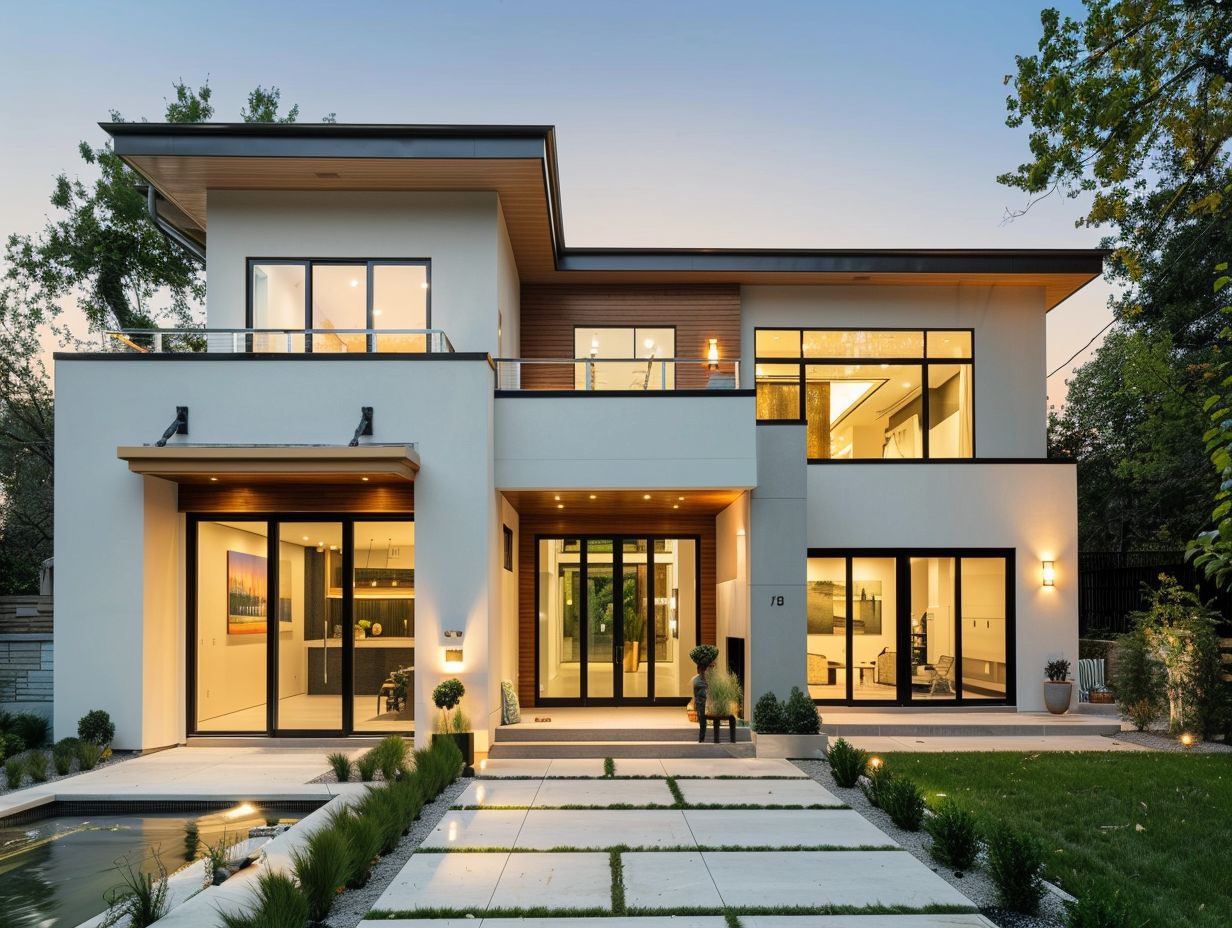
Smart Home Integration is the art of linking up all your smart gadgets so they can work together harmoniously, creating a sleek and efficient living space filled with enhanced connectivity and automation.
By bringing in smart thermostats, lighting systems, and security cameras, homeowners can now oversee and manage their home from afar using their smartphone or a few choice voice commands. Picture this: your smart thermostat tweaks the temperature just the way you like it, maximizing energy efficiency according to your schedule and preferences.
Meanwhile, your lighting systems are set to switch moods effortlessly for different occasions, adding a touch of convenience and luxury. And let's not forget about the security cameras keeping a watchful eye, providing peace of mind and a robust safety net for all residents.
Benefits of Integrating HVAC with Smart Home Technology
The integration of HVAC systems with smart home technology presents a plethora of advantages. These include heightened comfort levels, enhanced energy efficiency, substantial energy savings, and precise temperature regulation.
By incorporating smart HVAC technology, homeowners can bask in improved indoor air quality. The system surpasses traditional setups in its ability to filter and purify the air more effectively.
Customizable comfort settings allow individuals to personalize their home environment to align with their preferences, guaranteeing optimal comfort at all hours of the day.
Moreover, real-time monitoring capabilities facilitate proactive maintenance and troubleshooting. This proactive approach leads to a more sustainable and cost-effective home environment in the long term.
Current State of Smart Home Integration for HVAC
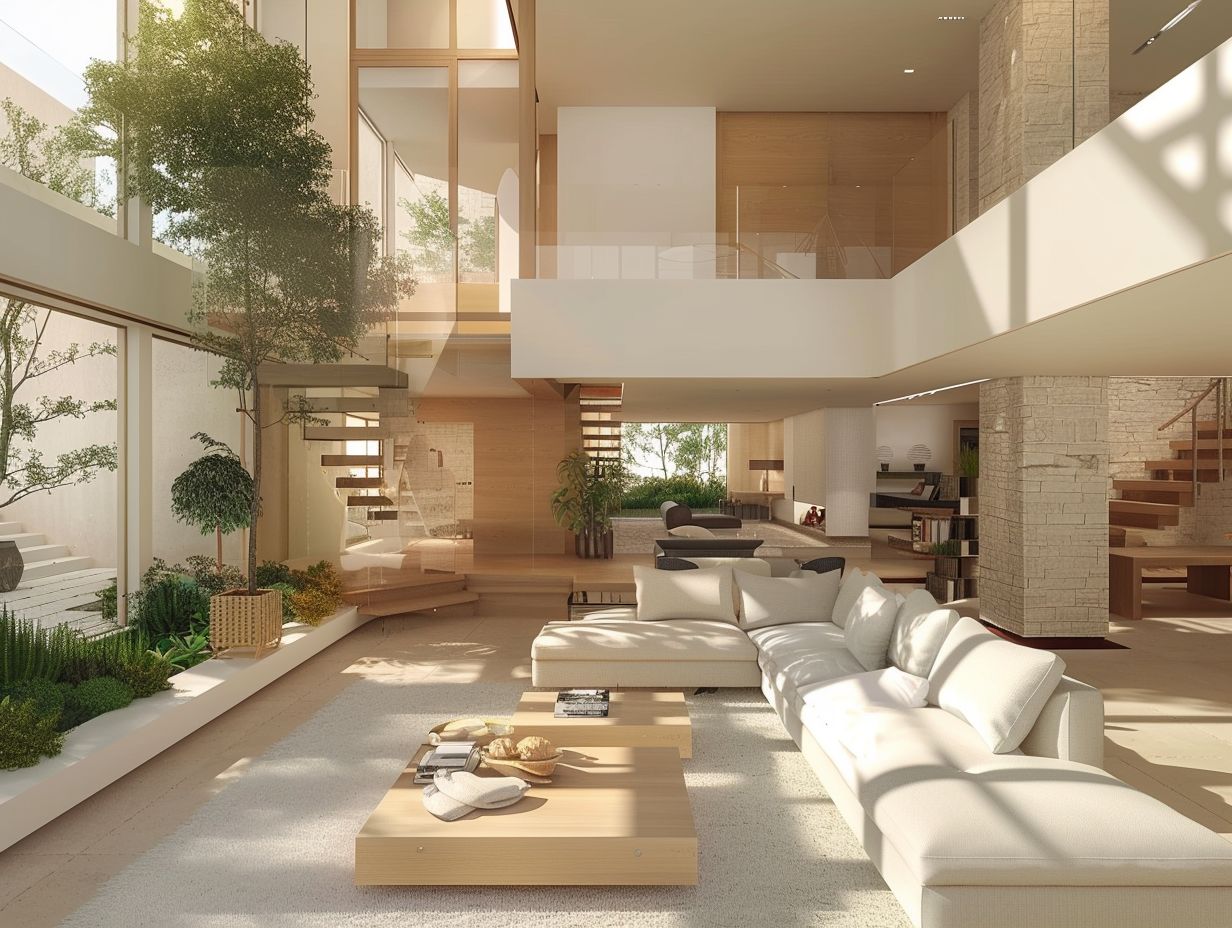
The prevailing landscape of smart home integration in HVAC systems is emblematic of the ubiquitous embrace of smart thermostats, cutting-edge HVAC technology, and automation. This trend is propelled by the burgeoning presence of Internet of Things (IoT) devices and the escalating desire for sophisticated systems within the HVAC sector.
Existing Technologies and Products
The current landscape of smart home integration for HVAC encompasses a range of cutting-edge technologies and products, including smart thermostats, intelligent HVAC systems, and various interconnected devices that elevate the overall home automation experience.
Smart thermostats like Nest and Ecobee boast sophisticated features such as adaptive learning algorithms that tailor temperature settings to your schedule, effectively conserving energy and cutting costs. Intelligent HVAC controls offer remote accessibility via smartphones, give the power toing users to make adjustments from any location.
Complementary devices like sensors and smart vents synergize with the HVAC system to ensure optimal heating and cooling distribution throughout the home. Beyond providing comfort and convenience, these technologies play a pivotal role in promoting energy efficiency and fostering a more sustainable living environment.
Challenges and Limitations
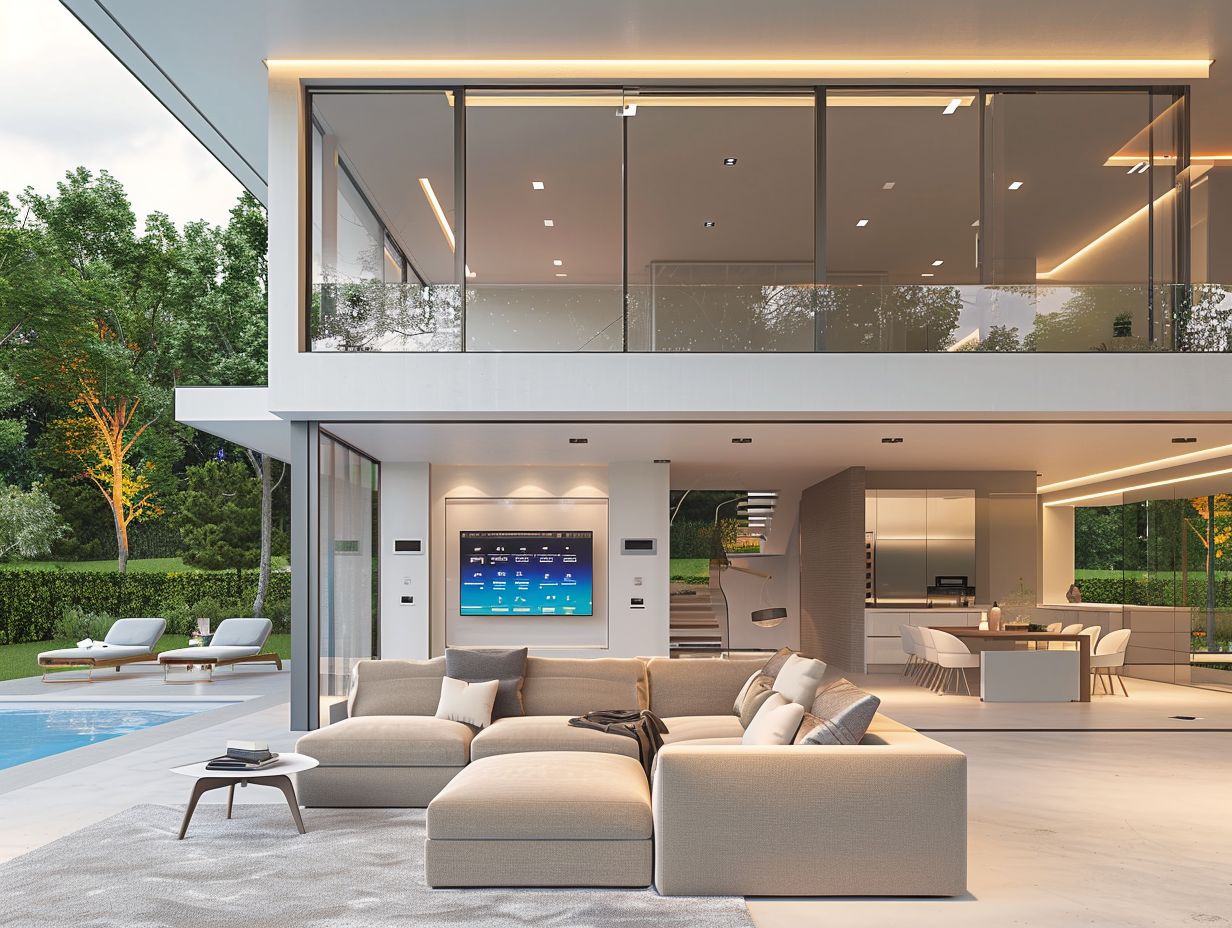
The integration of HVAC systems with smart home technology brings a host of benefits, but it's not all smooth sailing. One must navigate through connectivity issues, compatibility concerns, and the intricate process of merging diverse systems.
Homeowners and professionals alike may face technical hurdles, such as the necessity of a robust internet connection to guarantee the flawless operation of the smart HVAC setup. Moreover, the financial impact cannot be ignored, with considerations about the upfront costs and potential maintenance expenses weighing heavily on decision-making. To overcome these challenges, individuals should gravitate towards well-established brands known for their expertise in smart home integration. Seeking professional guidance to evaluate both the technical and financial implications can be a prudent move, ensuring a well-informed decision is made.
The Future of Smart Home Integration for HVAC
The horizon of smart home integration for HVAC systems is ablaze with promising prospects, poised for groundbreaking advancements and ingenious innovations that could redefine how we oversee energy usage, elevate comfort levels, and champion sustainable living with cutting-edge, energy-efficient solutions.
Predicted Advancements and Innovations

Anticipated progress and breakthroughs in smart home integration for HVAC systems encompass the evolution of more intricate HVAC technology, deeper integration of the Internet of Things (IoT), and more intelligent solutions for HVAC management.
These advancements stand poised to transform our interactions with home climate control systems. By incorporating enhanced environmental sensors, HVAC systems will possess the capability to dynamically adjust to changing conditions, ensuring optimal comfort and energy efficiency.
The introduction of more sophisticated control systems will facilitate personalized settings based on user preferences and behavioral patterns, culminating in heightened overall satisfaction and cost-effectiveness. The strides in IoT integration will facilitate seamless communication among devices, fostering a more streamlined and interconnected ecosystem for intelligent home management.
Potential Impact on Comfort and Efficiency
The potential impact of future advancements on comfort and efficiency in HVAC systems looms large, holding the promise of greater energy savings, enhanced adaptive systems, and more intuitive smart HVAC controls. These advancements have the potential to revolutionize the way individuals experience and engage with their indoor environments. By leveraging personalized comfort settings, homeowners can customize their HVAC systems to suit their preferences, thereby ensuring a more comfortable living space.
Incorporating smart controls into HVAC systems has the potential to optimize energy usage by dynamically adjusting temperature regulation based on factors like occupancy and outdoor weather conditions. This heightened level of adaptability not only improves efficiency but also fosters a more sustainable and eco-friendly approach to heating and cooling systems.
How to Incorporate Smart Home Integration for HVAC
The incorporation of smart home integration for HVAC systems necessitates meticulous planning and thoughtful consideration to guarantee a harmonious integration, enhanced home automation, and the proficient utilization of connected HVAC systems to achieve peak performance.
Considerations for Homeowners and HVAC Professionals
When integrating smart home technology with HVAC systems, it's imperative for homeowners and HVAC professionals to consider a myriad of factors. Connectivity, energy management systems, and the overall smart building infrastructure all play a crucial role in this process.
A robust network connection is the linchpin for seamless communication among various smart home devices and the HVAC system. Opting for the right energy management system guarantees efficient energy usage and precise temperature control, yielding both economic savings and environmental advantages. Compatibility with existing infrastructure is key to thwart any disruptions and guarantee a seamless integration process.
For a successful integration, we suggest homeowners seek guidance from professionals well-versed in smart home technology and HVAC systems. Through detailed planning and thorough testing before installation, any compatibility issues can be detected and rectified early on, paving the way for a trouble-free transition to a smart HVAC system.



